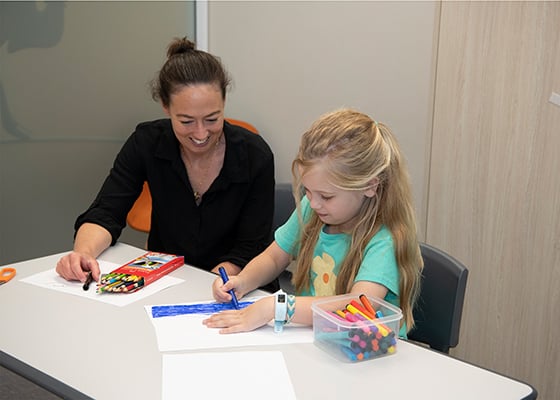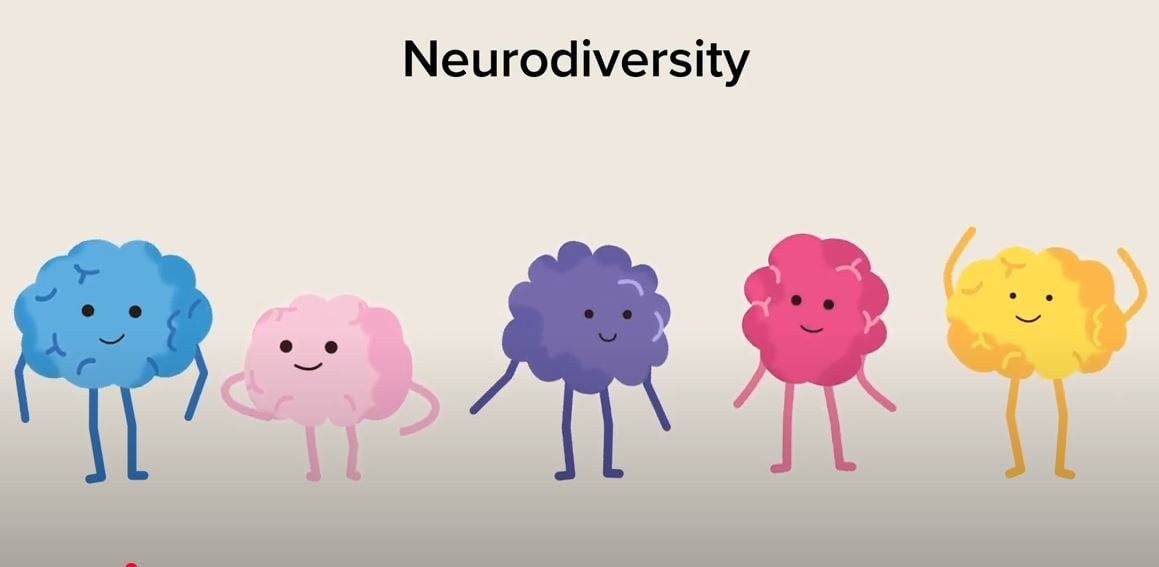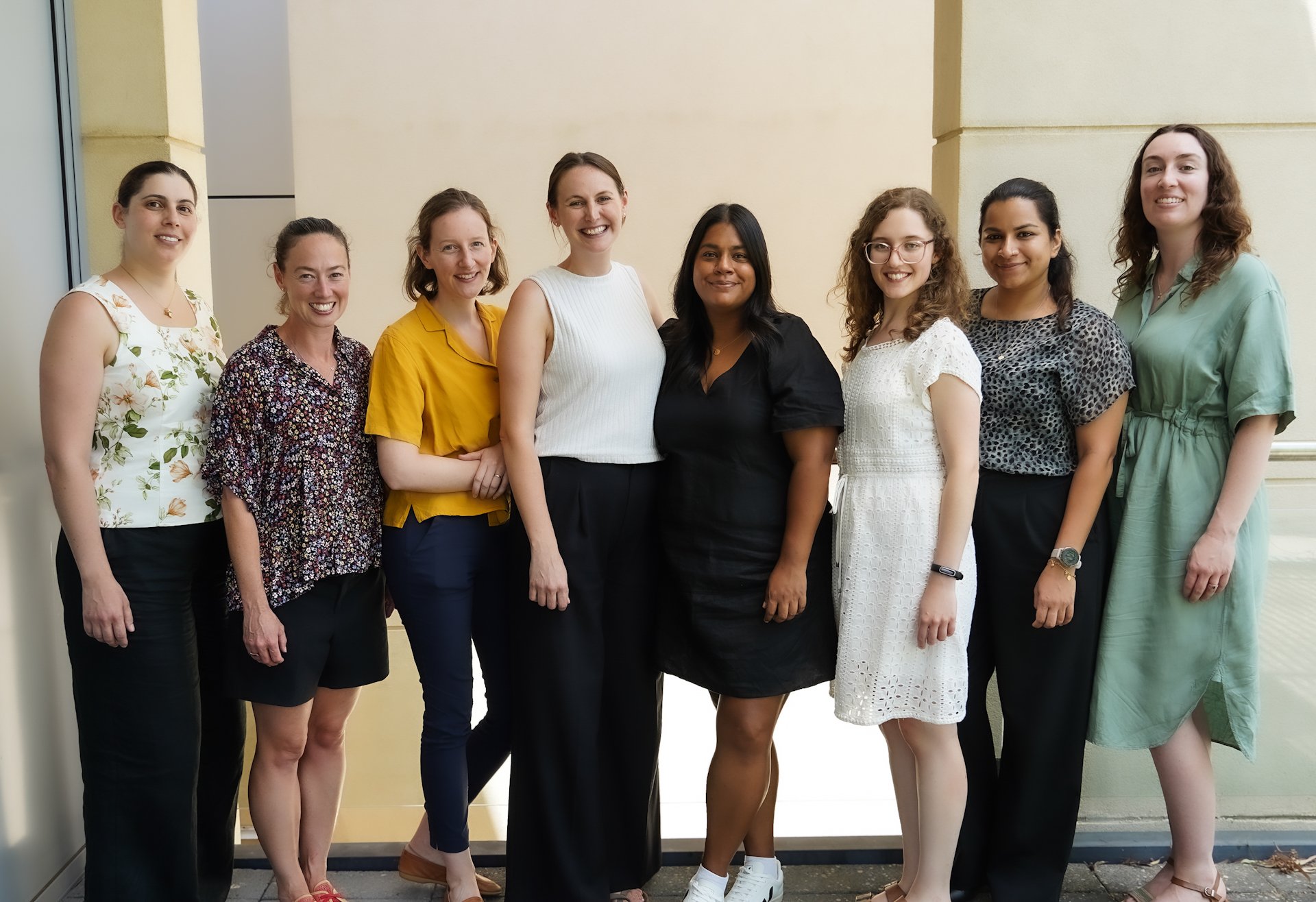Search

We know that school transitions can be difficult for most children, but even more so for autistic children, who may need some extra support.

Neurodiversity awareness is about raising understanding that there are many different ways that people think, learn, process and interact with the world.

To celebrate International Day of Women and Girls in Science, we asked our research team to share why they became researchers, how autism became their focus and for their top tip for girls interested in pursuing a STEM career.

The CliniKids research team had a busy few days at the annual International Society for Autism Research (INSAR) conference held in Melbourne recently.

ENVISAGE is a free peer support program specifically designed for parents and caregivers of children aged 0-8 years with disabilities or developmental concerns. Term 3 dates now released.

Professor Andrew Whitehouse was recently inducted as a Fellow to the International Society for Autism Research, making him just the fourth Australian to be bestowed the honour.
CliniKids currently has availability for psychology services

We are currently taking expressions of interest for CliniSibs in 2024.

Welcome to the team Clinical Psychologist Registrar Shane Lay and Operations Manager Pip Comiskey, who has replaced Leah Meehan while she is on parental leave.

In March we emailed all active clients a survey. The purpose of the survey was to understand how you see our service; understand what was important to you; find out what you would change, and see how likely you were to recommend or refer us.
